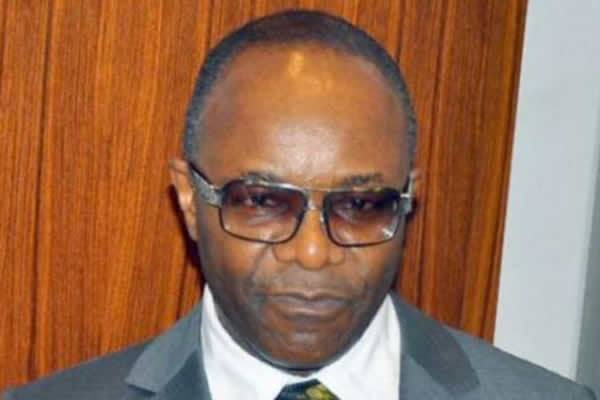According to him, the PHRC now produces
five million litres of Premium Motor Spirit, popularly known as petrol,
while the WRPC produces two million litres of the product daily.
Kachikwu, in a statement from the NNPC on Sunday, said this while reopening the Bonny-Port Harcourt crude pipeline.
This is coming as queues for petrol in Abuja and neighbouring cities continued on Sunday.
Hundreds of motorists were seen at the few filling stations that dispensed the product.
However, the minister said in the
statement that the government was doing all it could to clear the
queues, as he noted that the Kaduna Refining and Petrochemical Company
was also scheduled to start production any moment from now.
Kachikwu said the coming on stream of
the three refineries would go a long way in ensuring sufficient supply
and distribution of petrol across the country.
The minister said the NNPC had been able
to recover the Escravos to Warri and Bonny to Port Harcourt crude
supply pipelines, stressing that they were critical to the downstream
oil sector.
“Port Harcourt is back in production;
Warri is back in production; Kaduna, as of today, is receiving crude and
will soon be back in production. Lagos is easing off now from fuel
scarcity and Abuja is doing the same thing; and once Kaduna begins
production, the North will see a lot of improvement,” Kachikwu stated.
The minister said a commercial
governance model system had been introduced into the management of the
refineries to enable them to compete favourably in the hydrocarbon value
chain.
He explained, “What we have done is to
find a very creative way of bringing investors who will come in, work
with our team here who have the skills, reactivate and upgrade
facilities in these refineries.
“The investors will also help us to
provide technical support and they will be paid through the flow out of
refined products over a period of time, which is why we have also
changed the refining model such that the refineries pay for their crude,
so it goes into the Federation Account.”
Kachikwu added that the refineries would sell their products to both the Nigerian Petroleum Marketing Company and the marketers.
He insisted that the government would not sell the refineries contrary to claims in some quarters.
“We are not inviting foreign partners to
take over the refineries; we do not have the funds. Even now that they
are working, they are probably working at about 60 per cent or below
capacity; so, you need to upgrade these refineries and get them to a
level where they will operate at 90 per cent capacity or more,” the
minister said.

No comments:
Post a Comment